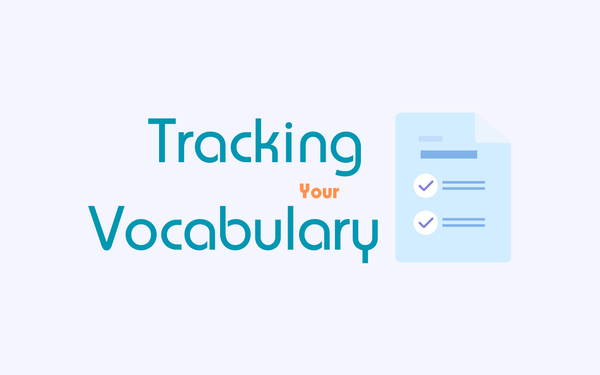How to Effectively Help Students Build a Strong Vocabulary
In this comprehensive guide, we will explore effective strategies to help students improve their vocabulary and provide valuable insights into how the Dictozo Chrome extension can support their learning journey.

Vocabulary is a crucial aspect of language proficiency, and it plays a significant role in students' academic success. However, building a strong vocabulary can be a challenging task, especially for students who struggle with memorization and retention.
In this comprehensive guide, we will explore effective strategies to help students improve their vocabulary and provide valuable insights into how the Dictozo Chrome extension can support their learning journey.
1. Encourage Active Reading
Active reading is an essential practice for students to expand their vocabulary. Encourage students to read a variety of texts, including fiction and non-fiction, and to take notes on new words they encounter. Suggest that they look up the definitions and meanings of these words, and try to use them in sentences.
2. Use Flashcards
Flashcards are an effective tool for memorizing new vocabulary words. Students can create flashcards with the word, definition, and pronunciation, and review them regularly. Digital flashcard apps and websites offer additional features, such as spaced repetition and gamification, to make the learning process more engaging and effective.
3. Engage in Vocabulary Games
Vocabulary games are an enjoyable way to learn new words. Word games, such as crosswords, Scrabble, and Boggle, can help students expand their vocabulary and improve their word recognition skills. Online vocabulary games and quizzes offer an interactive and engaging learning experience.
4. Watch Educational Videos
Educational videos can be an excellent resource for students to learn new words and improve their vocabulary. Platforms like YouTube offer a wealth of educational content, including vocabulary-building videos, TED Talks, and educational channels. Encourage students to watch these videos regularly and to take notes on new words they encounter.
5. Use Dictozo to Enhance Reading Comprehension
Dictozo is a free Chrome extension that can help students improve their reading skills by highlighting words on web pages and providing definitions and translations in real time. By using Dictozo while reading, students can expand their vocabulary, enhance their reading comprehension, and build strong memorization skills.
Improve your reading skills and expand your vocabulary with Dictozo, a free chrome extension. Highlight words on webpages and get definitions and translations in real-time.
6. Practice Vocabulary in Context
Practising vocabulary words in context is essential for students to fully understand their meaning and usage. Encourage students to use new words in sentences and to practice using them in conversations. Provide opportunities for students to use their new vocabulary words in writing assignments and presentations.
7. Encourage Collaborative Learning
Collaborative learning can be an effective way for students to expand their vocabulary and improve their language skills. Encourage students to work in pairs or small groups and to share new words they encounter. Students can create vocabulary lists and quiz each other on the words they have learned.
8. Use Technology to Enhance Learning
Technology offers a wealth of resources for students to expand their vocabulary and improve their language skills. Encourage students to use online dictionaries, thesauruses, and grammar checkers to look up new words and to practice using them correctly. Apps and websites, such as Duolingo and Quizlet, offer interactive and engaging learning experiences for students.
9. Encourage a Growth Mindset
Encourage students to adopt a growth mindset and to view learning new vocabulary words as a challenging but rewarding process. Encourage students to persist in their efforts to learn new words, even if they find it difficult at first. Celebrate their progress and encourage them to set achievable goals for themselves.
10. Provide Ongoing Support and Feedback
Provide ongoing support and feedback to students as they work to expand their vocabulary. Offer encouragement and guidance, and provide opportunities for students to practice using their new vocabulary words in authentic contexts. Regularly review students' progress and provide constructive feedback to help them improve their language skills.
In conclusion, helping students build a strong vocabulary requires a multi-faceted approach that includes active reading, flashcards, vocabulary games, educational videos, context practice, collaborative learning, technology use, and a growth mindset.
By providing students with a variety of strategies and resources, and by offering ongoing support and feedback, we can help them expand their vocabulary and improve their language skills.
The Dictozo chrome extension offers a valuable tool for students to enhance their reading comprehension and build strong memorization skills, making it an excellent resource for students on their vocabulary-building journey.




